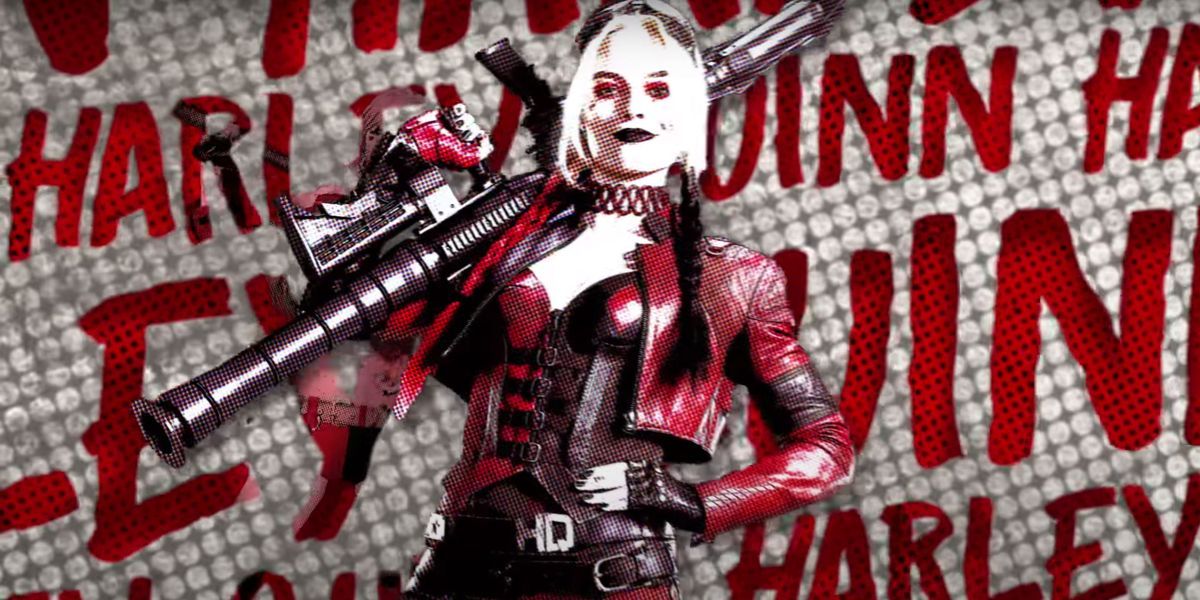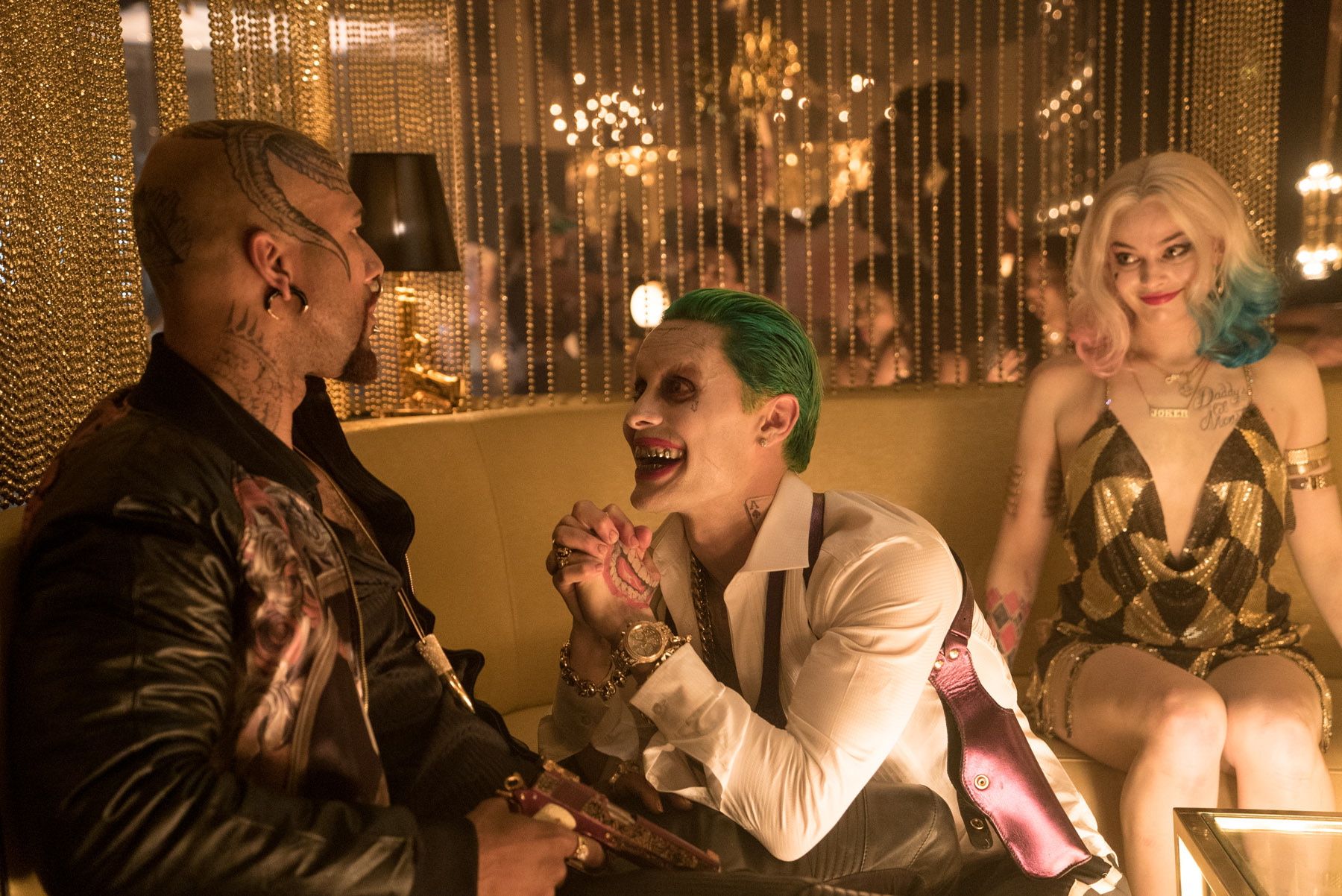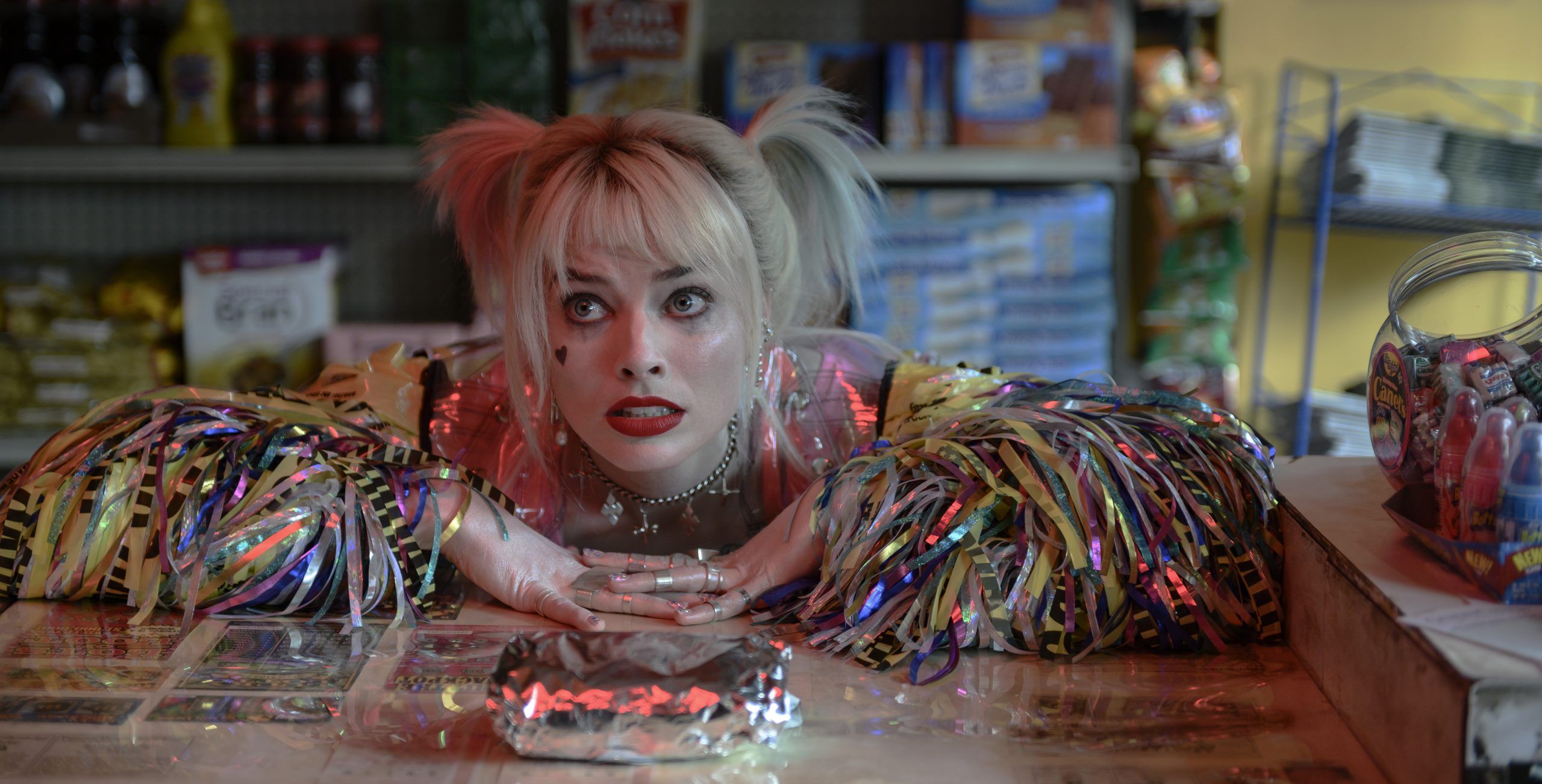Warning: This article contains spoilers for The Suicide Squad.
James Gunn's The Suicide Squad is, to put it simply, a love letter to chaos. It's not even close to anything resembling a superhero movie as we know it, but rather a true antihero movie that revels in the ability to take what are arguably C-list comic book characters and absolutely decimate them in the gnarliest ways possible on-screen. The marketing surrounding the movie up to its release last week was frequently tagged with the slogan of "Don't Get Too Attached" — reminding audiences that, when it came to the question of any sense of longevity or survival, they should abandon any and all expectations that every member of Amanda Waller's (Viola Davis) Task Force X was going to make it out alive.
But among the adorable shark nomming, the alien starfish antagonist (yes, you read that right), the heartwarming found family vibes, the twist ending that revealed not just one but two members of the Suicide Squad believed to be dead had survived, and the unforeseen commentary on the U.S. government — one character saw the culmination of a narrative journey that has been developing in the background since the first Suicide Squad movie, finally getting to step out of the shadow of a relationship that has defined her since she made her first appearance in DC canon.
Harley Quinn (Margot Robbie) was first introduced to audiences in live-action as the girlfriend of the clown-faced madman known as the Joker (Jared Leto) — and since her debut in 2016, has only ever grown in popularity amongst fans who knew her all the way back from her origins in Batman: The Animated Series, harlequin costume and all. But as important as it was to see her origin story rendered on-screen (how many times have we watched Thomas and Martha Wayne die in an alley again?), the first Suicide Squad movie always seemed to lean a little too heavily on reminding us that she was Joker's girl, Joker's right-hand woman, Joker's sidepiece. Even the script, at several turns, doesn't even refer to her by her own name — although Waller does make an effort to point out that Harley is arguably crazier and more unpredictable than her boyfriend. Suicide Squad's Harley spends most of the movie reflecting on her own history while waiting around for Joker to come in and rescue her — which he ultimately does, right before the smash cut to credits, breaking her out of Belle Reve in characteristically dramatic fashion. But it would take four more years for audiences to see Harley at the helm of her own solo movie.
By the time Cathy Yan's Birds of Prey (and the Fantabulous Emancipation of One Harley Quinn) skated into theaters, the proof of Harley's freedom was right there in the subtitle: this movie was going to be all about her fantabulous emancipation, and right from the jump we see that she and the Joker are 100% officially over and dunzo. Harley takes it about as well as you might expect, going through every post-breakup cliche in the book — changing her hair, covering up her tattoos, partying hard, getting a new pet. The bulk of the movie is dedicated to her connecting with a group of ladies and slowly shifting from more villainous territory to something closer to resembling an antihero, but there are still signs that she's struggling with getting over her ex. Towards the end of the film, Harley and the rest of her new girl gang (consisting of Helena Bertinelli, Dinah Lance, Renee Montoya, and Cassandra Cain) are digging through Harley's box of weapons and outfits to style themselves in — and when someone picks up her black-and-red harlequin outfit in a clear nod to her comics persona, Harley quickly snatches it back before they can put it on, citing that it still has "sentimental value" for her. She might have publicly denounced the Joker already by driving a truck into the Ace Chemicals factory where they first cemented their twisted romance, but she's still holding on to some of the items that remind her of him the most.
What makes The Suicide Squad feel like the natural next step in Harley's story, however, is the fact that she's shown to have gone through the revelation that, in hindsight, her previous relationship was really, really bad for her. Nor is she still clinging on to previous fashion that pays homage to that portion of her life — her leather jacket seems to advertise her current state of mind in regards to Joker with the slogan "Live Fast Die Clown" written on the back. But a scene that happens later on in the course of the film, after Harley's just been presented with the possibility of a new boyfriend, really makes it clear that she's evolved as a character — and that she won't be the woman who gets easily manipulated by a psychopath again. On the surface, Silvio Luna (Juan Diego Botto), the dictator of Corto Maltese, seems almost too good to be true for a girl like Harley as he wines and dines her, dressing her up in a pretty gown, wooing her with his aviary full of birdies, and telling her that her "anti-American sentiment" is what makes her most appealing as a potential bride. Harley, however, decides that she's going to cut and run as soon as she starts noticing some serious red flags — like Luna's willingness to continue Project Starfish's torturous experiments on people, children especially. Shooting him with an old gun that just so happens to be loaded with a bullet seems like the best way to keep her romantic history from repeating itself.
The monologue Robbie delivers in this moment, written by Gunn, is the perfect encapsulation of how Harley has grown to eclipse the need for being associated with the Joker. In a speech ranging from comical, nigh-hysterical yelling to a quiet, vulnerable sob, as Luna lays bleeding out on the floor, we fully see the extent of how her past relationship hurt her — but the most important part is, Harley now realizes it herself.
Breaking Harley up from the Joker in live-action is a move that officially puts her character on par with so many other incarnations across DC media that have done the same. From the hilariously irreverent animated series on HBO Max pairing Harley (Kaley Cuoco) up with Poison Ivy (Lake Bell) as official girlfriends to a new solo comics run by Stephanie Phillips and Riley Rossmo, it's really encouraging to see creators across the board realize that, when it comes to Harley Quinn's character, being the Joker's girlfriend was never the most interesting thing about her. For all the ways in which The Suicide Squad truly works (and there are so many other reasons it does), giving Harley a place to shine completely independent of that ex of hers is one of its biggest triumphs.



